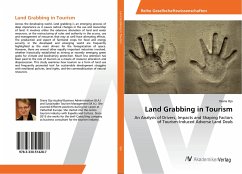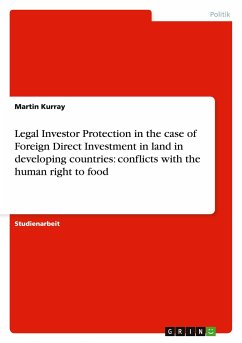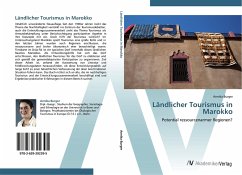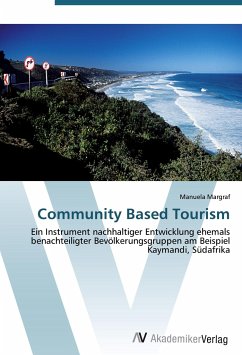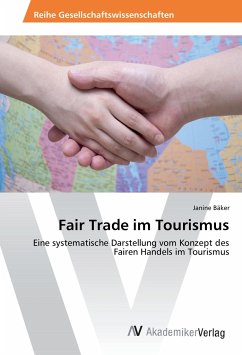Across the developing world, land grabbing is an emerging process of deep importance as it causes radical changes in the use and ownership of land. It involves either the extensive alienation of land and water resources, or the restructuring of rules and authority in the access, use and management of resources that may as well have alienating effects. The production and export of farmland crops for food and energy security in the developed and emerging world are frequently highlighted as the main drivers for the foreignization of space. However, there are several other equally important industries involved, whether historically established as mining or recently emerging green grabs for climate and biodiversity protection. Much less attention has been paid to the role of tourism as a means of resource allocation and dispossession. This study examines how tourism as a form of land use and frequently promoted tool for sustainable development struggles with neoliberal policies, land rights, and the commoditization of natural resources.
Bitte wählen Sie Ihr Anliegen aus.
Rechnungen
Retourenschein anfordern
Bestellstatus
Storno

